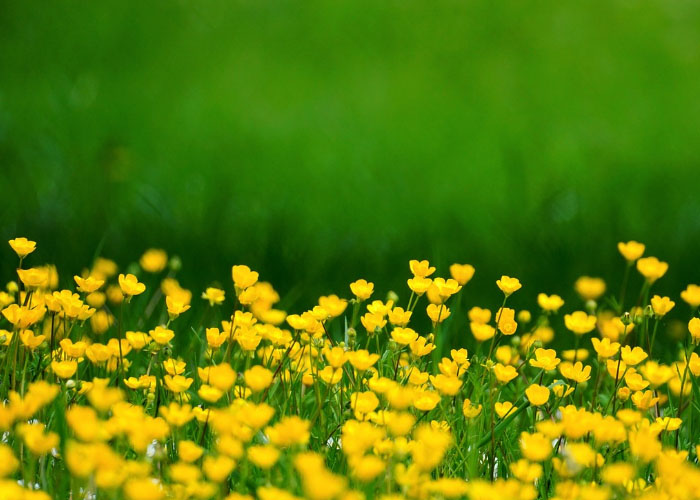Navigating Allergy Season: Understanding Symptoms and Fortifying Your Immune System
Introduction:
As spring blossoms and nature awakens, so does allergy season. For many, this time of year brings not only beauty but also sneezing, itchy eyes, and congestion. Allergies occur when the immune system reacts to harmless substances in the environment, triggering a cascade of symptoms. However, by understanding the signs of allergies and taking steps to support your immune system, you can minimize discomfort and enjoy the wonders of the season.
Symptoms of Allergies:
Allergy symptoms can vary widely from person to person and depend on the type of allergen triggering the reaction. Common symptoms include:
Sneezing: Frequent and uncontrollable sneezing is a hallmark sign of allergies, especially when accompanied by other symptoms.
Runny or Stuffy Nose: Nasal congestion, accompanied by clear or colored discharge, is a common allergy symptom.
Itchy, Watery Eyes: Allergic conjunctivitis can cause itching, redness, and excessive tearing of the eyes.
Itchy Throat or Ears: Many allergy sufferers experience itching in the throat or ears, which can be exacerbated by pollen or other allergens.
Coughing: Persistent coughing, particularly when associated with other allergy symptoms, may indicate an allergic reaction.
Fatigue: Allergies can drain your energy and leave you feeling tired and lethargic.
Skin Reactions: Allergic reactions can manifest as hives, eczema flare-ups, or other skin irritations.
How to Protect Your Immune System from Harmful Foreign Substances:
While it’s impossible to completely avoid allergens, there are steps you can take to minimize your exposure and support your immune system:
Identify Triggers: Pay attention to when your symptoms flare up and try to identify the allergens that may be causing your reaction. Common allergens include pollen, dust mites, pet dander, mold, and certain foods.
Monitor Pollen Counts: Check pollen forecasts and try to stay indoors when pollen counts are high, especially on windy days.
Keep Windows Closed: Keep windows and doors closed during allergy season to prevent allergens from entering your home.
Use Air Purifiers: Consider using high-efficiency particulate air (HEPA) filters in your home to remove allergens from the air.
Practice Good Hygiene: Shower and change clothes after spending time outdoors to remove pollen and other allergens from your skin and clothing.
Use Nasal Irrigation: Nasal irrigation with saline solution can help clear allergens from your nasal passages and relieve congestion.
Consider Allergy Medications: Over-the-counter or prescription allergy medications can help alleviate symptoms, but consult with a healthcare professional before starting any new medication.
Support Your Immune System: Maintain a healthy lifestyle by eating a balanced diet, staying hydrated, getting regular exercise, managing stress, and getting enough sleep. Certain supplements, such as vitamin C, quercetin, and probiotics, may also help support immune function.
Conclusion:
Allergy season can be challenging, but with the right knowledge and strategies, you can minimize symptoms and enjoy the beauty of spring. By understanding the signs of allergies, identifying triggers, and taking steps to support your immune system, you can navigate allergy season with greater ease and comfort. Remember to consult with a healthcare professional if you have severe or persistent symptoms, as they can help you develop a personalized plan for managing your allergies.

